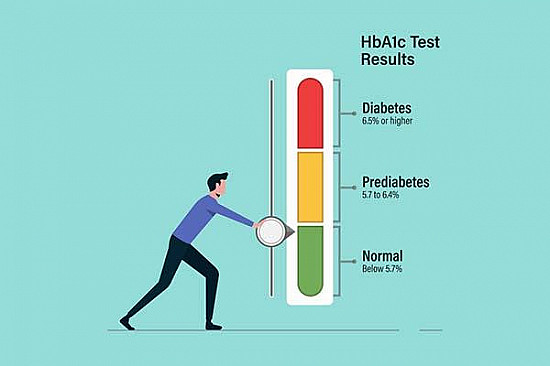Dark chocolate may reduce risk of diabetes
Research we're watching
- Reviewed by Toni Golen, MD, Editor in Chief, Harvard Women's Health Watch; Editorial Advisory Board Member, Harvard Health Publishing; Contributor

Eating dark chocolate regularly may lower the odds of developing diabetes, according to a Harvard-led study published online Dec. 4, 2024, by The BMJ.
Researchers analyzed data on 192,000 health care professionals (average age 47, 82% women) from three large national studies conducted over more than 30 years. None of the participants had diabetes at the start. All reported on their food habits — including how much and what types of chocolate they ate — along with their diabetes status and weight over the study period. By the end, nearly 19,000 participants had reported being diagnosed with diabetes. Those who ate at least five servings of dark chocolate each week, however, were 21% less likely to develop diabetes compared to participants who said they rarely or never ate dark chocolate.
Eating milk chocolate wasn't associated with lower diabetes risk, but eating greater amounts of it was linked to long-term weight gain—which can contribute to developing diabetes.
Image: © unalozmen/Getty Images
About the Author

Maureen Salamon, Executive Editor, Harvard Women's Health Watch
About the Reviewer

Toni Golen, MD, Editor in Chief, Harvard Women's Health Watch; Editorial Advisory Board Member, Harvard Health Publishing; Contributor
Disclaimer:
As a service to our readers, Harvard Health Publishing provides access to our library of archived content. Please note the date of last review or update on all articles.
No content on this site, regardless of date, should ever be used as a substitute for direct medical advice from your doctor or other qualified clinician.
















